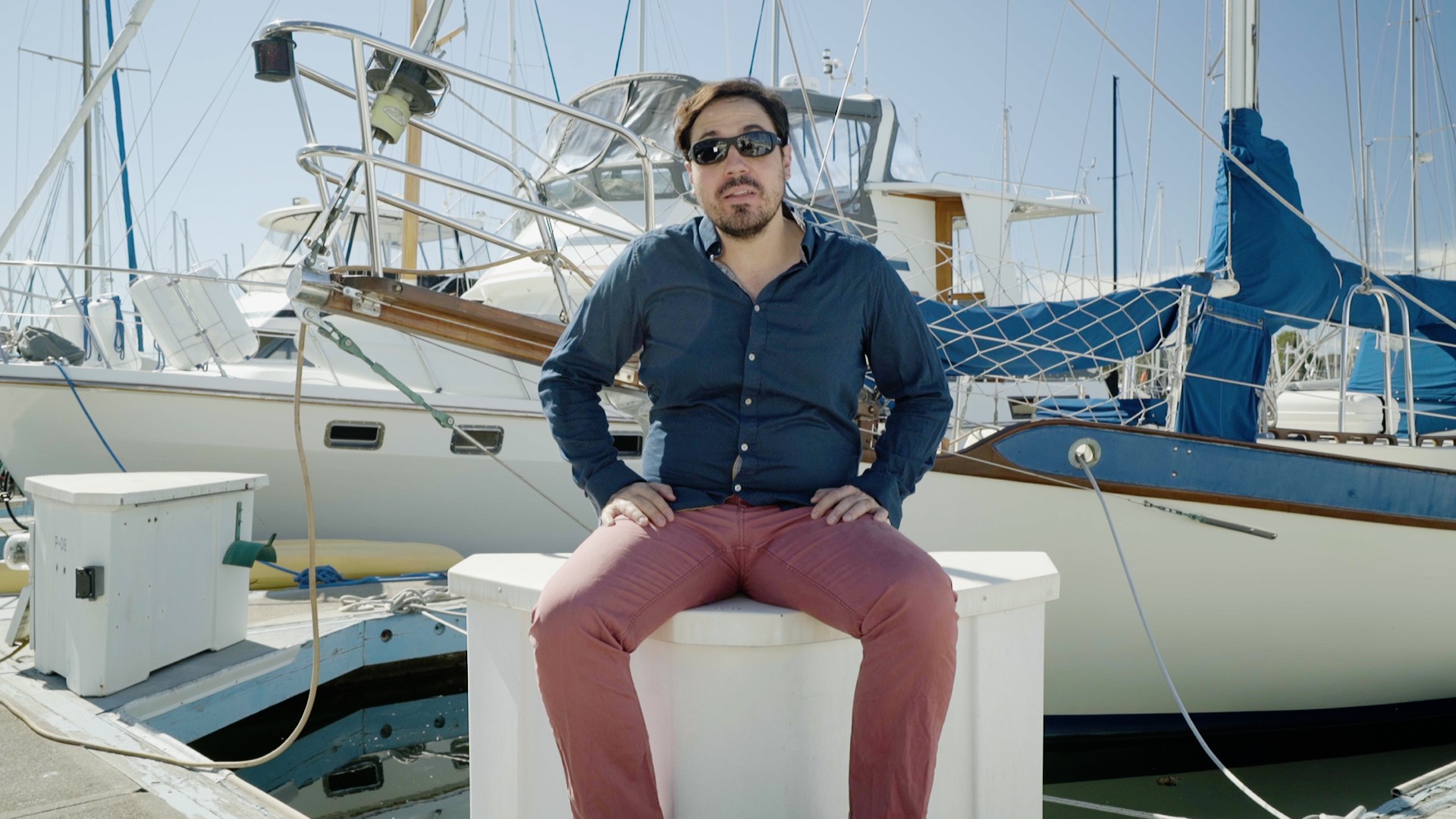Social media giants are under pressure in the U.K. to do more to tackle the growing terrorist threat there from the far-right.In a Monday speech in London, Britain’s counterterror chief Mark Rowley of the Metropolitan Police said far-right extremists have become more organized in the past two years and are actively trying to forge international links, with social media central to their mission.“The right-wing terrorist threat is more significant and more challenging than perhaps public debate gives it credit for,” Rowley said. “Right-wing terrorism wasn’t previously organized here.”Rowley said the new breed of far-right extremists operate similarly to the more established threat of Islamist radicals. They feed off each other as they seek to drum up intolerance, fuel grievances, and create a broad mistrust of the state and its institutions, using social media as a critical tool.He said social media giants like Facebook and Twitter need to do more to combat the spread of extremist material on their services, pushed out by provocateurs like Tommy Robinson, founder of the English Defence League, and Jayda Fransen, the deputy leader of Britain First, who circulated anti-Muslim videos that were controversially retweeted by Donald Trump.“Their products shouldn't simply be designed for maximizing profit; they should be designed with a parallel objective around public safety,” said Rowley.He said it’s unfair to expect social media companies to be able to stop objectionable material from ever reaching the sites but there’s more they can do. “They can exert a massive amount of control both on the day-to-day management of it, and I think more in the future about how they design their platforms and their operating systems and their products.”The greater terror threat still came from Islamist radicals, who accounted for 10 of the terror plots thwarted by British authorities since March last year, compared with four far-right plots that were stopped. Islamists carried out three deadly terror attacks in the U.K. last year, at a cost of 35 lives, compared to one by a far-right extremist, who killed one person when he drove his car into a crowd of worshipers outside a London mosque.But the threat from the far-right is rising significantly. In one recent case, a 20-year-old neo-Nazi was jailed earlier this month for planning a machete attack on a gay pride event in a pub in Barrow-on-Furness. In December 2016, the British government banned the neo-Nazi group National Action and two other spin-off organizations, making them the first British far-right groups to be outlawed since the 1940s.About 2,000 people have been referred to the government’s counter-radicalization Prevent program over the past three years, said Rowley, with a third of them due to far-right extremist beliefs.
Advertisement
